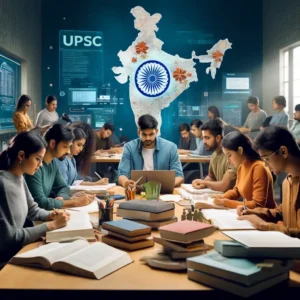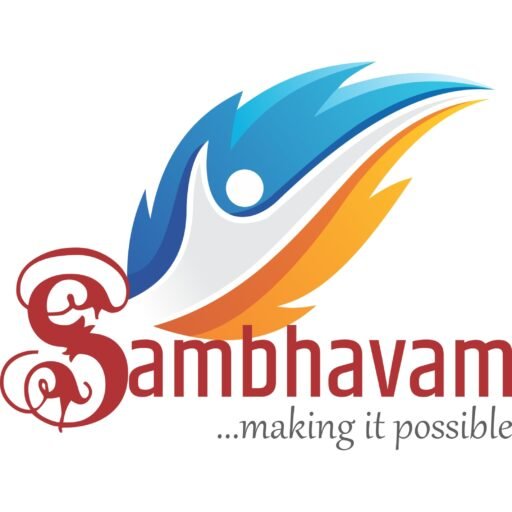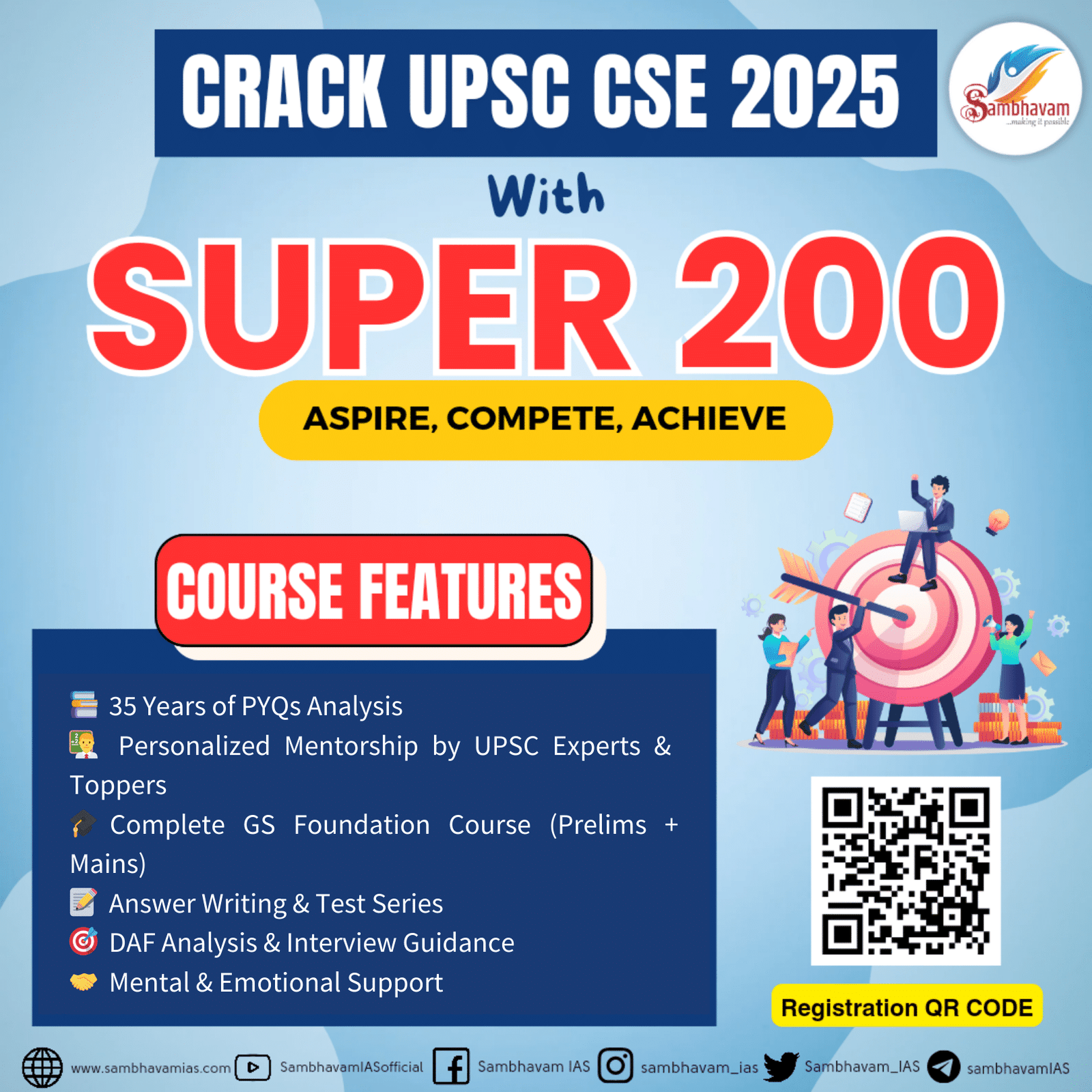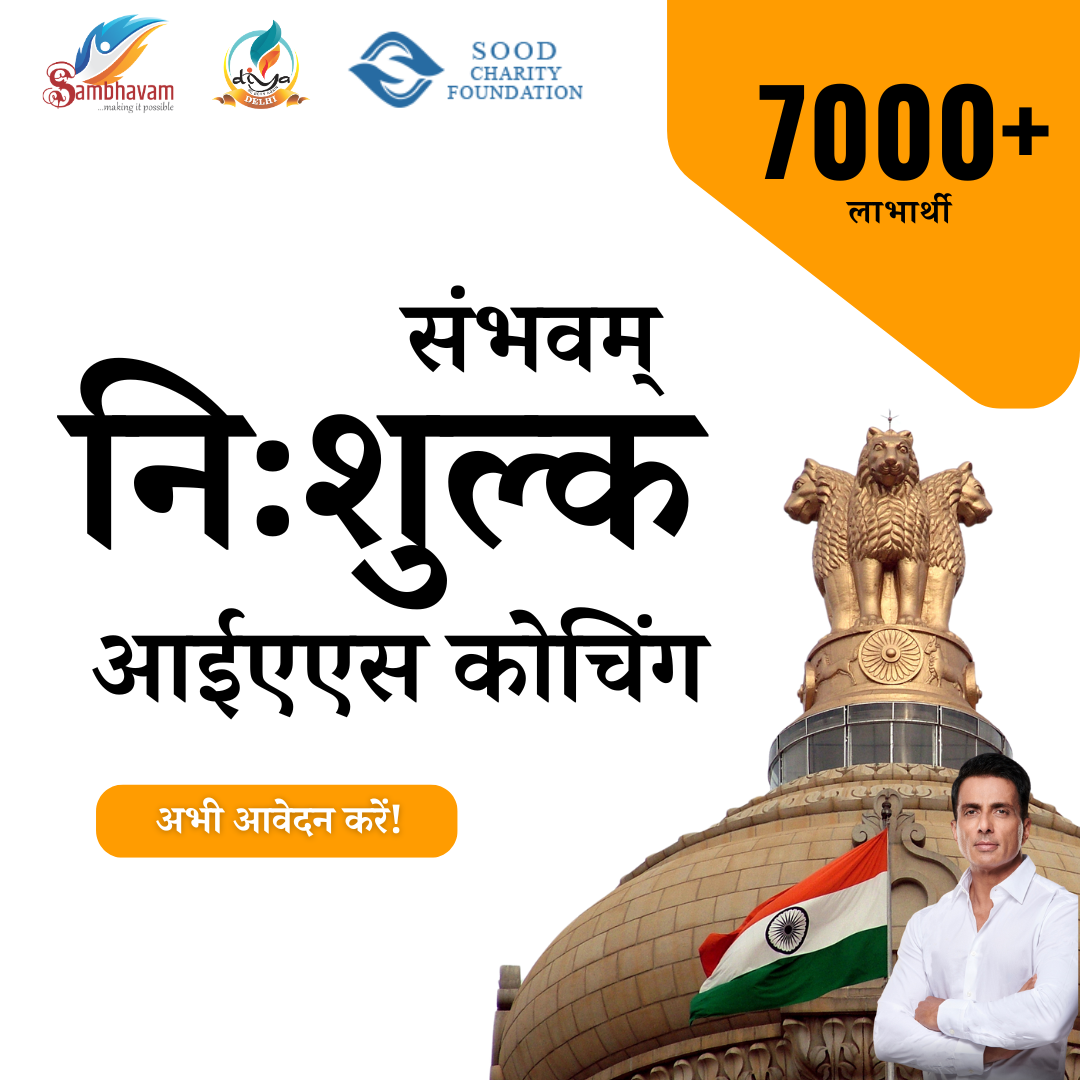Table of Contents
Welcome, aspiring IAS officer! Are you driven to make a positive impact on India’s future? Does the prospect of serving the nation as a civil servant ignite a fire within you? Want to crack UPSC? Cracking the UPSC Civil Services Exam (CSE) is your gateway to this prestigious career path. But where do you even begin? Don’t worry, this comprehensive guide will equip you with the knowledge and tools to embark on your IAS journey with confidence.
Understanding the UPSC CSE
The UPSC CSE is a highly competitive three-stage selection process designed to identify the most qualified and deserving candidates for various civil service positions. Let’s break down each stage:
Stage 1: Preliminary Examination
-
- Objective type, consisting of two papers:
-
- General Studies Paper I (GS Paper I): Covers a vast array of topics including Indian Heritage and Culture, Indian History, Geography of India and the World, Indian Polity and Governance, Social Justice and Issues, Economic Development, and Science and Technology in Everyday Life.
-
- General Studies Paper II (CSAT): Assesses your aptitude in comprehension, reasoning, decision-making, and basic numeracy.
-
- Objective type, consisting of two papers:
Stage 2: Main Examination
- A written test with nine papers:
- Qualyfing paper: One of the Indian Language to be selected by the candidate from the Languages included in the Eighth Schedule to the Constitution and other qualifying paper is English.
-
-
- Essay: Tests your writing skills, analytical thinking, and ability to express yourself clearly on a diverse range of topics.
-
-
-
- General Studies Papers (GS Paper I to GS Paper IV): Delve deeper into subjects covered in the Prelims with a focus on analytical and critical thinking.
-
-
-
- Optional Subject Paper I and Paper II: Allows you to showcase in-depth knowledge in a subject of your choice.
-
Stage 3: Personality Test (Interview)
- An in-depth personality assessment evaluating your suitability for a career in civil service. The interview panel will assess your leadership qualities, communication skills, mental alertness, and understanding of current affairs.
Building a Rock-Solid Foundation to Crack UPSC
-
- Unveiling the UPSC Syllabus: Study the UPSC syllabus and meticulously examine the topics covered in each General Studies paper and the available Optional Subjects. Familiarize yourself with the weightage assigned to each section for effective time management.
-
- Cultivating a Reading Habit: Consistent reading is the cornerstone of UPSC preparation. Develop a habit of reading newspapers like The Hindu or The Indian Express, Dainik Jagran, Jansatta, credible online news sources, and current affairs magazines like Yojana and Kurukshetra. Prioritize in-depth analysis of government policies, social issues, and economic trends.
-
- NCERTs: Your Stepping Stones to Success: NCERT textbooks (Class 6-12) for subjects like History, Geography, Polity, Economics, and Science form the bedrock of your knowledge base. These lucidly written books provide a clear understanding of fundamental concepts and lay a strong foundation for further learning.
Crafting a Personalized Study Plan: Your Roadmap to Success
A well-defined study plan is your secret weapon for conquering the UPSC CSE. Here are some key elements to consider:
-
- Time Management Mastery: Dedicate at least 6-8 hours daily for focused study. Create a weekly schedule allocating specific time slots for each subject based on its weightage and your own strengths and weaknesses. Utilize tools like planners, calendars, or time management apps to stay organized and accountable.
-
- Embrace Your Learning Style: Do you thrive on visual aids, learn best through audio lectures, or excel with practice tests? Identifying your preferred learning style allows you to tailor your study approach for optimal results. Explore various resources like online video lectures, classroom coaching (if available), and interactive learning platforms to cater to your learning style.
-
- Harnessing the Power of Online Resources: The internet is a treasure trove of UPSC-specific study materials. Explore reputed online platforms offering comprehensive study materials, video lectures from subject experts, practice question banks, and current affairs analysis. These resources can supplement your learning, provide diverse perspectives, and offer a break from traditional study methods.
Maximizing Learning and Retaining Knowledge
Now that you have a solid foundation and a strategic plan, let’s delve into effective learning techniques:
-
- Active Learning is Paramount: Passive reading won’t suffice. Engage actively with the material. Take comprehensive notes, highlight crucial points, and summarize concepts in your own words. This process of actively processing information enhances understanding and retention.
-
- Discussion Groups: Your Support System: Studying with like-minded individuals can be incredibly beneficial. Form a discussion group with fellow UPSC aspirants or participate in online forums. Discussing topics, sharing insights, and explaining concepts to each other strengthens comprehension and clarifies doubts.
-
- Practice Makes Perfect: Regularly solve previous years’ UPSC question papers and attempt mock tests offered by coaching institutes or online platforms. Analyze your performance after each test, identify areas for improvement, and revise accordingly. This practice not only hones your problem-solving skills but also familiarizes you with the UPSC exam format and time management strategies.
Staying Motivated Throughout Your UPSC Journey
The UPSC preparation path can be long and demanding. Here are some tips to stay motivated and focused on your goal:
-
- Visualize Your Dream: Keep your IAS aspiration at the forefront of your mind. Create a vision board with images, quotes, or affirmations that represent your dream career and the positive impact you want to make. Regularly revisit your vision board to reignite your motivation.
-
- Prioritize a Healthy Lifestyle: A healthy mind and body are essential for UPSC success. Ensure adequate sleep, maintain a balanced diet rich in brain-boosting nutrients, and incorporate regular exercise into your routine. A healthy lifestyle promotes focus, improves concentration, and combats stress.
-
- Celebrate Milestones, Big and Small: Acknowledge your progress, no matter how insignificant it may seem. Completing challenging topics, achieving good scores on mock tests, or simply sticking to your study schedule are all milestones worth celebrating. Reward yourself for these achievements to maintain motivation and a positive outlook.
Your UPSC Dream Awaits
The UPSC CSE journey may seem daunting, but with dedication, a well-defined strategy, and the right resources, you can crack the exam in your first attempt. Remember, consistency is key. Utilize this comprehensive guide, personalize your study plan, and embark on your transformative path to becoming a successful civil servant.
Bonus Tip: Mastering Current Affairs
Staying updated on current affairs is crucial for success in the UPSC CSE. Regularly follow credible news sources (both print and online), analyze government policies and their impact on society, and delve into critical national and international issues. Develop a habit of forming your own opinions on current events, supported by facts and evidence. This not only enhances your General Studies knowledge but also equips you to provide insightful answers in the Mains exam and demonstrate your well-rounded understanding of contemporary issues during the Personality Test.
Share
- Click to share on WhatsApp (Opens in new window)
- Click to share on Telegram (Opens in new window)
- Click to share on Facebook (Opens in new window)
- Click to share on LinkedIn (Opens in new window)
- Click to share on X (Opens in new window)
- Click to print (Opens in new window)
- Click to email a link to a friend (Opens in new window)









